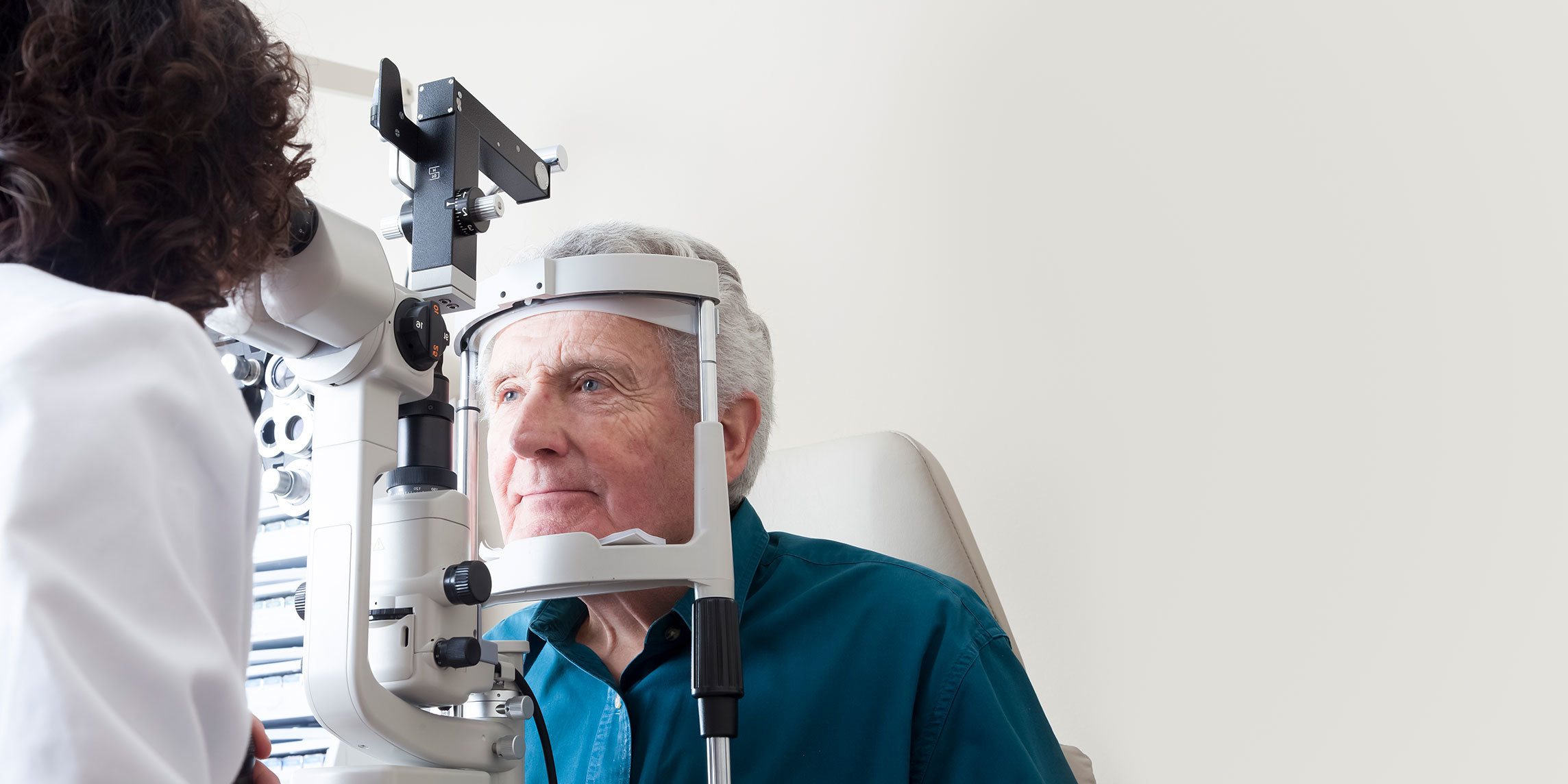About Compressive Optic Neuropathy
Optic nerve compression occurs when a formation around the brain — such as a tumor or bony structure — presses on the optic nerve, hindering communication between your eye and your brain. The tumors associated with compressive optic neuropathy are not usually cancerous, but if not treated, optic nerve compression may lead to permanent optic nerve damage or optic nerve death, resulting in vision loss.
Symptoms of Compressive Optic Neuropathy
The onset of compressive optic neuropathy symptoms is often gradual and progressive.
Symptoms of compressive optic neuropathy may include:
- Blurred vision
- Bulging of your eye (also known as proptosis)
- Decreased color perception
- Eye pressure
- Headaches
- Partial or complete loss of vision
Risk Factors for Compressive Optic Neuropathy
As compressive optic neuropathy is often caused by tumors, people at higher risk for developing tumors are more likely to develop the condition.
Risk factors for compressive optic neuropathy may include:
- Comorbid conditions: Grave’s disease and neurofibromatosis Type 1 or Type 2 are both linked to compressive optic neuropathy.
- Health history: Individuals with a history of radiation to the head/brain, pituitary tumors, or optic pathway glioma/ meningioma are at a higher risk for the condition.
Treating Compressive Optic Neuropathy at UT Health Austin
A careful eye exam and additional tests and imaging may be used to determine the underlying cause of your symptoms. Once a cause is identified, your healthcare provider will work with you on determining the best course of action. Your ophthalmologist is well-versed in the most current, evidence-based treatment recommendations, which may include medications, surgery, or cancer treatment.
Care Team Approach
At UT Health Austin, we take a multidisciplinary approach to your care. This means you will benefit from the expertise of multiple specialists across a variety of disciplines. Your care team will include fellowship-trained neuro-ophthalmologists, ophthalmic technicians, physician assistants, nurse practitioners, social workers, and more who work together to help you get back to the things in your life that matter most to you. We also collaborate with our colleagues at the Dell Medical School and The University of Texas at Austin to utilize the latest research, diagnostic, and treatment techniques, allowing us to identify new therapies to improve treatment outcomes. We are committed to communicating and coordinating your care with your other healthcare providers to ensure that we are providing you with comprehensive, whole-person care.
Learn More About Your Care Team

Mitchel and Shannon Wong Eye Institute
Health Transformation Building, 1st Floor
1601 Trinity Street, Bldg. A, Austin, Texas 78712
1-833-UT-CARES (1-833-882-2737)
Get Directions